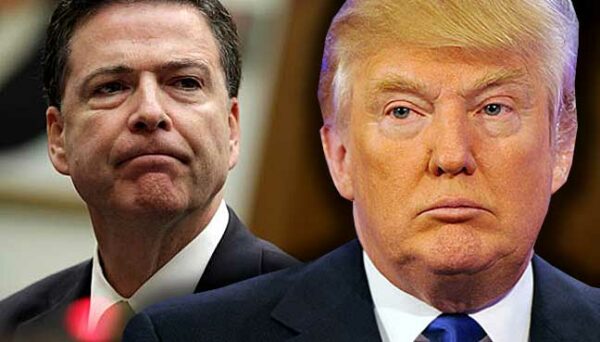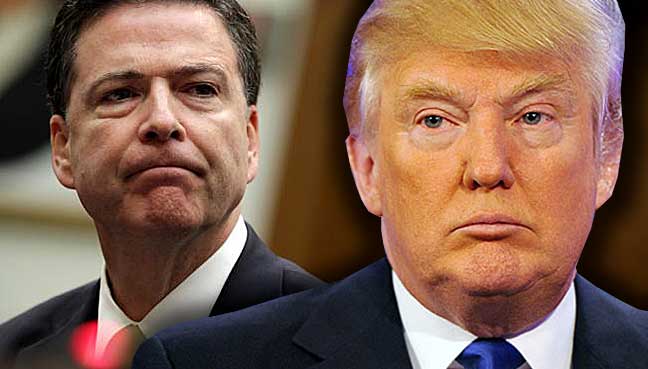WASHINGTON D.C. – Former FBI Director James Comey has been interviewed by the U.S. Secret Service following a cryptic social media post that sparked outrage and accusations of veiled threats against the President. The image, a photo of seashells arranged to spell “86 47,” was briefly shared on Comey’s Instagram account before being deleted, igniting a firestorm of online speculation and prompting federal intervention.
The controversy erupted after eagle-eyed observers, particularly on the right, interpreted the seemingly innocuous arrangement of shells as a coded message. The number “86” is a slang term with evolving meanings, historically denoting the act of refusing service or getting rid of something. However, in some online circles, it has recently been associated with the idea of “eliminating” or even “killing.” The number “47” is widely understood to be a reference to the current President, who is the 47th in U.S. history.
Comey, who led the FBI from 2013 until his dismissal in 2017, voluntarily met with Secret Service agents for approximately an hour at the agency’s Washington headquarters on Friday. He was not detained, and no charges have been filed at this time, though Homeland Security Secretary Kristi Noem confirmed that the probe remains ongoing.
Prior to the Secret Service interview, the President, speaking to Fox News, did not mince words, accusing Comey of intentionally invoking a call for violence. “He knew exactly what that meant,” the President stated. “A child knows what that meant. That meant assassination.” He added that any decision regarding potential charges would be left to Attorney General Pam Bondi.
In a subsequent post on Instagram, after deleting the initial image, Comey attempted to clarify his intent. He claimed he had encountered the shells during a walk on the beach and had initially believed they formed a political message. “I didn’t realize some folks associate those numbers with violence. It never occurred to me, but I oppose violence of any kind, so I took down the post,” Comey wrote.

However, this explanation has been met with skepticism by numerous high-ranking officials. Secretary Noem, in a post on X, described Comey’s initial post as “calling for the assassination” of the President and affirmed the ongoing nature of the investigation. Director of National Intelligence Tulsi Gabbard went even further, calling for Comey’s imprisonment, accusing him of “issuing a hit” on the President, particularly given the timing coinciding with the President’s diplomatic tour in the Middle East.
The incident highlights the increasingly volatile nature of online political discourse and the speed at which seemingly innocuous posts can be interpreted as threats, particularly when viewed through the lens of existing political animosity. The evolving and often cryptic nature of internet slang further complicates the interpretation of such messages.
The Secret Service, tasked with protecting the President, has stated that it “vigorously investigates anything that can be taken as a potential threat against our protectees.” While Comey maintains his innocence and claims ignorance of the violent connotations some have attached to the numbers, the agency’s involvement underscores the seriousness with which such posts are being taken, especially in the current political climate.
The investigation is ongoing, and the potential ramifications for Comey remain unclear. However, this incident serves as a stark reminder of the heightened sensitivities surrounding political rhetoric and the potential for online communication to be misconstrued or weaponized. The outcome of the Secret Service’s inquiry will be closely watched as it navigates the delicate balance between free speech and the protection of the nation’s highest office.
